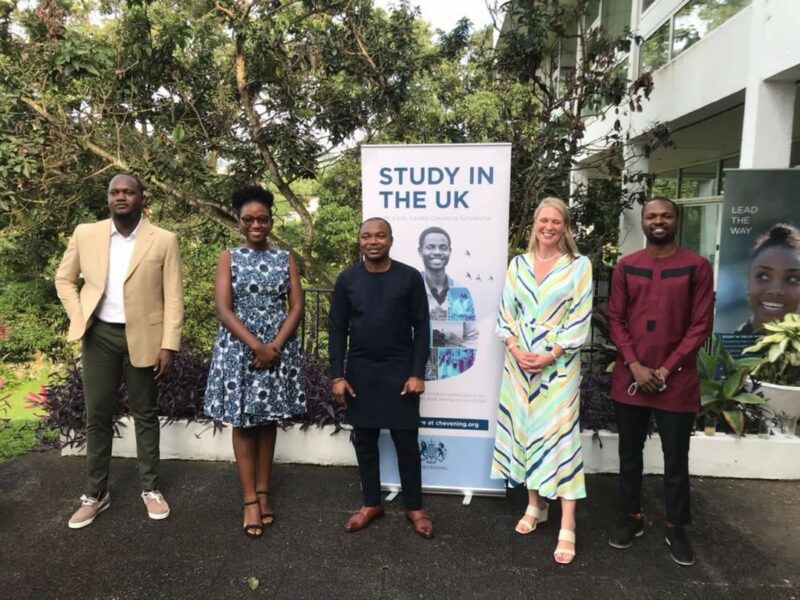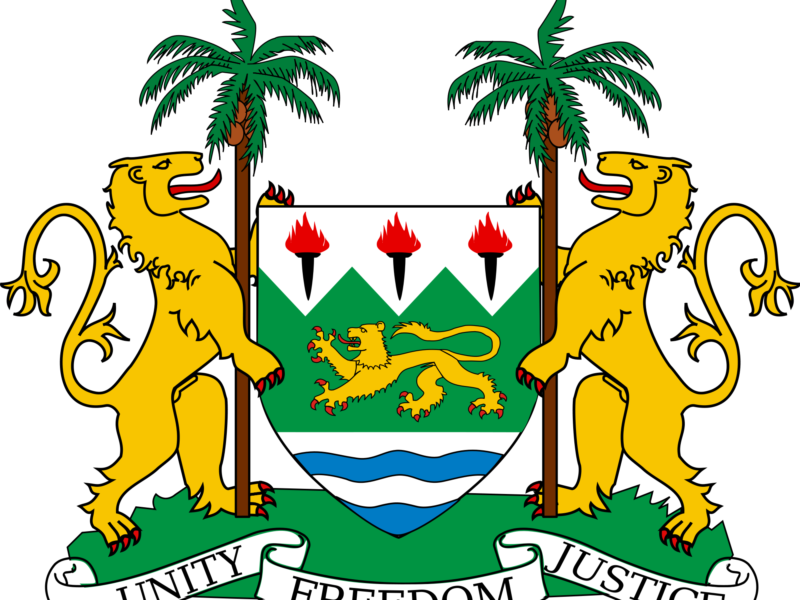Statement by His Excellency the President at the Durban Seminar on the review of the Peacebuilding Commission (PBC)
Excellencies and Esteemed colleagues, Mme Gracia Machel, Distinguished ladies and gentlemen:A day and half of intensive exchange of views and reflection on the future of peacebuilding in Africa is a thoughtful and noble undertaking. Consolidating peace after a long and harrowing period of carnage, suffering and devastation is an imperative for handling post-conflict recovery.
In that regard, I would like to commend the co-facilitators of the United Nations Peacebuilding Commission’s five-year review process: the distinguished Permanent Representatives of Ireland, Mexico and our host South Africa — Ambassadors Ann Anderson, Claude Heller and Baso Sangqu, respectively — for their foresight in organising this forum and their judicious choice of the theme: Securing Sustainable Peace in Africa: Coordination, Coherence and Partnerships.
Clearly, the timing and theme of this august session could not have been more apt. During much of the past half century, our continent has been a theatre of fratricidal conflicts triggered by a wide range of factors, including among others, the legacies of the unresolved problems of colonialism, ethnic intolerance, the uneven distribution of wealth, poor governance, endemic corruption, gross violations of human and political rights, as well as the disparity in access to the benefits of globalization. This has had far-reaching consequences for our continent given that a considerable amount of our post-independent energies have been focused on addressing these needless wars.
In Sierra Leone, we spent a whole decade fighting a brutal war. Since that war ended in 2002, we have been faced with the daunting challenges of promoting peace, national recovery and development. In meeting these challenges, we have drawn many lessons which we believe will be critical to any future peacebuilding efforts anywhere in the world. Firstly, partnerships with the international community are very important; Secondly peacebuilding is multi-dimensional. It warrants tackling the disarmament of combatants, the rebuilding of communities, the design and implementation of justice mechanisms, the provision of relief services, and the promotion of inclusive governance and national development.
However, despite this evolving realization of the need for a multi-dimensional approach to peace operations, a critical mechanism such as the Peacebuilding Commission (PBC) was only launched in 2005. It is most fitting, that the PBC has been tasked with addressing the key shortfalls in peacekeeping operations, principally through its role in mobilizing support and resources to assist post-conflict countries achieve lasting peace and sustained economic growth. Until the recent adoption of Guinea Bissau and the Central African Republic on its agenda, the PBC engaged my country and the sister Republic of Burundi as its first two clients in 2005.
Chairperson, Excellencies, Distinguished Ladies and Gentlemen,
We are proud to have served as the ‘guinea-pig’ of this experiment arising from the on-going UN reform process. We have come a long way and have learned a lot over the past four years. We signed the Cooperation Framework in 2007 wherein we jointly identified four key areas of intervention: governance; the justice and security sectors; capacity building of the public service; and youth unemployment and empowerment. On assuming office, my administration identified the development of the energy sector as a fifth priority. In this respect, I must add with great pride and appreciation that in addition to significant achievements in governance, the democratic process and in creating an enabling environment for investment, the electrification of the capital city, Freetown as well as the completion of the 35-year old Bumbuna Hydro-electric Project has provided a crucial peacebuilding dividend.Â
Chairperson, Excellencies, Distinguished Ladies and Gentlemen,
Another significant challenge to the peacebuilding process has proven to be the paucity of resources available for peacebuilding and conflict prevention efforts relative to that devoted to peacekeeping operations. In my view, the current international debate concerning the functions of peacebuilding, must urgently address this anomaly, if it is to yield results that will positively impact the recalibration of peace operations to create the enabling environment for reconstruction and development, thereby paving the way for economic renewal and prosperity. Therefore, it is imperative that the ongoing five-year review of the Peacebuilding Commission revisit the existing global approach to conflict prevention and post-conflict peacebuilding, particularly in Sub-Saharan Africa, to ensure that it adequately addresses the root causes of conflict, particularly the grim legacy of poverty, underdevelopment and political instability in much of our continent.
Another important outgrowth of our experience that equally deserves the attention of the international community and this seminar is the need to consolidate the strategic frameworks generated by the various actors at the country-level in order to maximise coherence and synergy.
On this note, I must pay a special tribute to the leadership of United Nations Integrated Peacebuilding mission in Sierra Leone (UNIPSIL) for its tremendous efforts in streamlining the various existing frameworks within the country to reflect the One UN Vision and the government’s Agenda for Change as the overarching strategy for implementing the priority areas identified for building sustainable peace and combating poverty.Â
Distinguished Ladies and Gentlemen, I should at this time also commend the South African Department of International Relations and Cooperation (DIRCO) and the African Centre for the Constructive Resolution of Disputes (ACCORD), who, in collaboration with the Department of Foreign Affairs of Ireland and the Ministry for Foreign Affairs of Finland, have organized and co-hosted this seminar. Let me also avail myself of the opportunity to thank them for providing an excellent forum for us to assess the progress and impact of the Peacebuilding Commission’s engagement with the four countries that have been on its agenda since inception in 2005.
Chairperson, I will end by urging that as an end result of the ongoing five-year review of the PBC, concrete steps are taken to further strengthen the PBC’s ability to help countries emerging from conflict, with the aim of not only maintaining peace but promoting economic recovery and sustainable development.
I thank you for your kind attention.
Stay with Sierra Express Media, for your trusted place in news!
© 2010, https:. All rights reserved.






